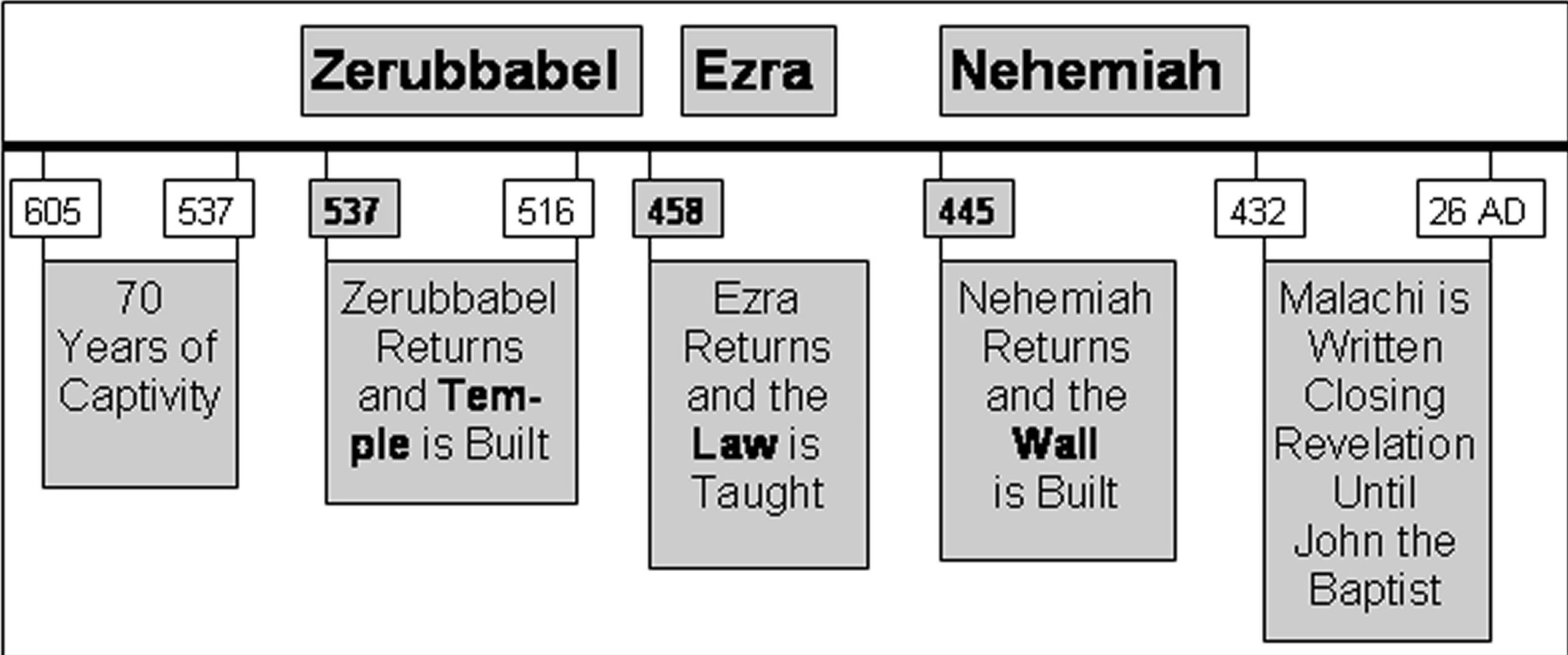Few people on earth know what it is like to be taken captive and forced to live in an enemy land, serving them. And then to have the hope and joy of returning to that land to rebuild it. And while it all seemed so glorious, the problems abounded.
When Nehemiah who was cupbearer to the king and still living in Babylon asked how the exiles were doing, it was reported to him that the wall around Jerusalem was still not built.
“When I heard these words, I sat down and wept. I mourned for a number of days, fasting and praying before the God of heaven” (Neh 1:4).
Why was it so important that the wall around Jerusalem was not built? So much so that Nehemiah fasted, mourned and prayed a number of days because ti was such a distressing matter?
- The wall around Jerusalem was its safety. Until they had a wall, they weren’t safe. Not only that but they weren’t taken seriously as a people and as a city and as a nation without walls.
- Without walls, the people weren’t taking their own identity seriously. It had been nearly 100 years since Cyrus had issued a decree and made provision for them to return. King Darius also made provision for them. And yet their defense, one of the most important parts of rebuilding, was left undone and not being worked on. The Israelites were not yet full believers in their return to their land and their identity as the people of God. Rather they chose to live in disgrace (Neh 2:17).
- They were not walking as the people of God, letting the world know that God was with them (Neh 6:16). By living half-heartedly, they were sending a half-hearted message to the world.
It wasn’t just about their safety that grieved Nehemiah, it was about their identity. Or their lack to embrace their identity. They chose shame, apathy and hopelessness rather than walking as the mighty and chosen people of God. A story too often told.
When Nehemiah hears this, he is devastated. He kneels before God and repents for the sins of he and his people (Neh 1:5-7). He very much understands the corporate nature of the way God acts towards a people.
Then he asks God to remember his covenant promise, that if they sinned they would be exiled. But if they repented of that sin, the Lord would restore them (Neh 1:8-9).
Lastly he asks for help and favor as he is going to approach the king. To approach the king with personal issues was a matter of life and death. One put aside their problems and just served the king. But it was too big of an issue to let go. He was going to risk his life on behalf of his people.
Once again we see a leader praying and fasting for his people. A leader who is willing to identify with sins and made intercession for his people at the possible cost of his life. More than his own fame or prestige (he worked for the king), he wanted to see his people follow the Lord with all their hearts. And that meant helping them to reclaim their identity as the people of God.
It would take great risk. Even to try to approach the king might mean the rest of his life in a dungeon or life in prison. But he had to try. He could not remain silent. His people needed to know who they were in God.
It was everything.

